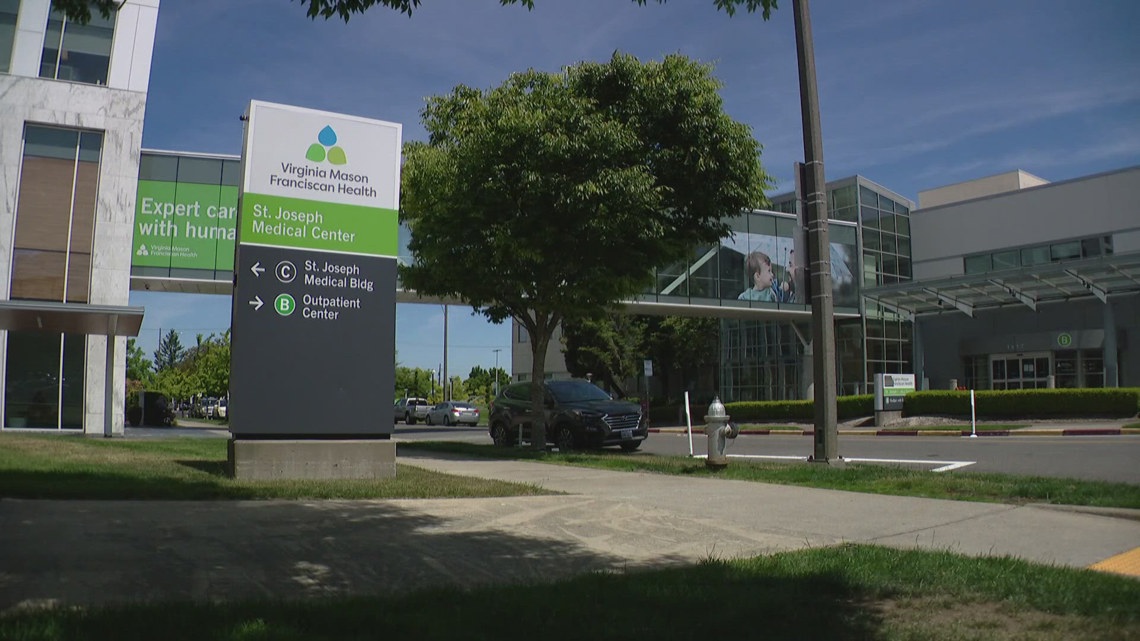Boomers & Buds: Cannabis Use Soaring Among Aussie Seniors – But is it Worth the Risk?

A fascinating – and potentially concerning – trend is emerging Down Under: more Aussie seniors than ever before are reaching for cannabis. While attitudes towards the plant are shifting, new research is highlighting the potential health risks, particularly for those managing existing chronic conditions. Let's unpack this growing phenomenon and explore what it means for our ageing population.
The Numbers Don't Lie: A Growing Trend
Recent data paints a clear picture: cannabis use among Australians aged 65 and over is on the rise. While precise figures for Australia are still being compiled, parallels with trends observed in the United States are undeniable. In the US, studies have shown a significant increase in cannabis use in this demographic over the past decade, and experts believe similar patterns are emerging here. This isn't just about recreational use; many seniors are turning to cannabis for perceived therapeutic benefits, including pain relief, improved sleep, and anxiety management.
Why the Shift? Changing Attitudes & Access
Several factors are contributing to this change. Firstly, there's a broader societal shift in attitudes towards cannabis. The stigma surrounding its use is diminishing, particularly among younger generations, and this is influencing older Australians as well. Secondly, increased access to cannabis products, both legally and illegally, plays a significant role. The legalisation of medicinal cannabis in Australia, while still navigating complex regulations, has made it more accessible for some seniors with appropriate prescriptions. Finally, many seniors are actively seeking alternative therapies to manage their health conditions, and cannabis is often presented as a potential solution.
The Health Risks: A Cause for Concern
While cannabis may offer some benefits for certain individuals, it's crucial to acknowledge the potential health risks, especially for older adults. Seniors often have pre-existing health conditions, such as heart disease, respiratory problems, and cognitive impairment, which can be exacerbated by cannabis use. Furthermore, seniors metabolise drugs differently than younger adults, meaning that cannabis can have more potent and prolonged effects.
Experts warn of several potential complications:
- Drug Interactions: Cannabis can interact with other medications seniors are likely taking, leading to unpredictable and potentially dangerous consequences.
- Cognitive Effects: Cannabis can impair memory, attention, and decision-making, which can be particularly problematic for seniors with cognitive decline.
- Cardiovascular Risks: Cannabis can increase heart rate and blood pressure, posing a risk for those with heart conditions.
- Respiratory Issues: Smoking cannabis can damage the lungs and exacerbate respiratory problems.
Navigating the Grey Area: Responsible Use & Informed Decisions
The key is informed decision-making and responsible use. Seniors considering cannabis for therapeutic purposes should always consult with their doctor. A healthcare professional can assess the potential risks and benefits, taking into account the individual's medical history and current medications. It's also important to be aware of the legal status of cannabis in your state or territory and to source products from reputable suppliers. Further research is needed to fully understand the long-term effects of cannabis use in older adults, but for now, caution and consultation are paramount.
Looking Ahead: Ongoing Research & Public Health Messaging
As cannabis use among seniors continues to rise, it's essential that healthcare professionals, policymakers, and researchers work together to address this emerging trend. More research is needed to evaluate the efficacy and safety of cannabis for various age-related conditions. Public health messaging should focus on educating seniors about the potential risks and benefits of cannabis use, and encouraging them to make informed decisions in consultation with their doctors. The conversation needs to be open, honest, and evidence-based to ensure the wellbeing of our ageing population.






